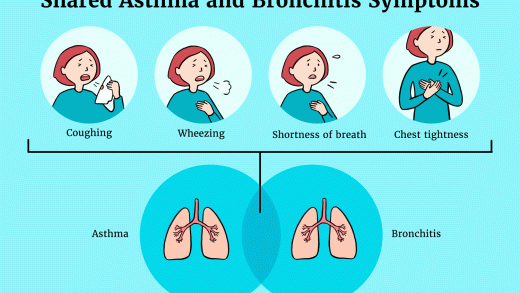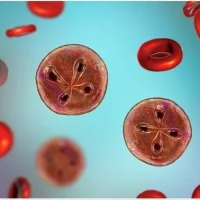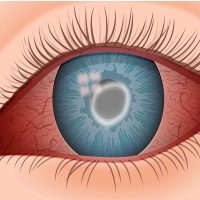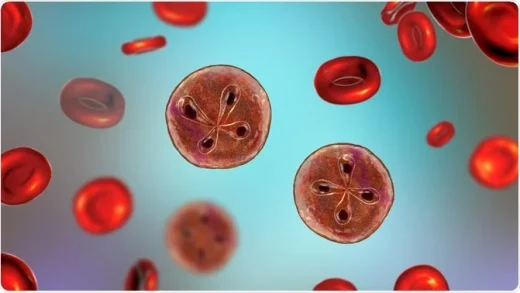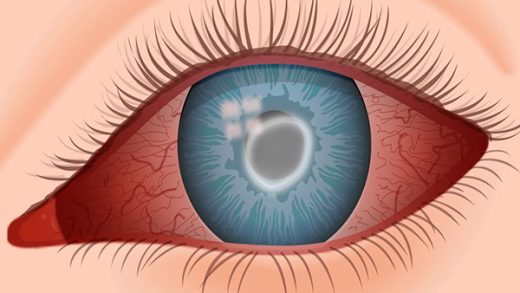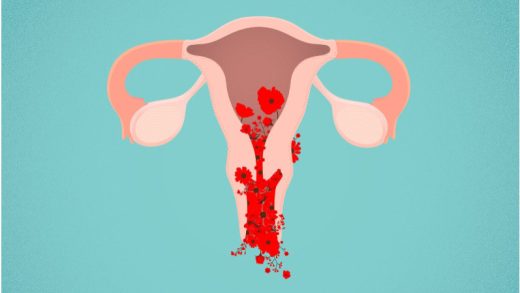What is AA amyloidosis?
AA amyloidosis is one type of the rare disorder amyloidosis (pronounced “am-uh-loy-doh-sis”). The condition known as amyloidosis is caused by proteins in your body losing their three-dimensional (3D) structure and turning into twisted clusters of malformed fibrils, or amyloid deposits, that accumulate on your tissues and organs.
AA amyloidosis is also known as secondary amyloidosis or amyloid serum A protein. This kind of amyloidosis occurs when the body is highly inflamed, which raises the blood levels of serum A protein. If you have an inflammatory illness or a persistent infection, your serum A protein levels may be elevated. AA amyloidosis is considered a severe consequence of inflammatory illnesses and disorders. In order to treat AA amyloidosis, medical professionals must manage the underlying illness.
How does AA amyloidosis affect my body?
Several organs, including the liver, spleen, stomach, intestines, and kidneys (which are the most commonly affected), can be harmed by AA amyloidosis. Rarely, heart damage is caused by AA amyloidosis. AA amyloidosis may also affect the amount of protein in your pee and your cholesterol levels.
Is AA amyloidosis terminal?
AA amyloidosis can be a terminal illness if it isn’t treated. You may develop AA amyloidosis if you have a chronic illness that causes inflammation. When healthcare providers treat the underlying condition, they’re also treating AA amyloidosis.
Who is affected by AA amyloidosis?
Anyone who has a chronic inflammatory condition can develop AA amyloidosis.
Symptoms and Causes
What causes AA amyloidosis?
AA amyloidosis is a type of amyloidosis. Healthcare providers call amyloidosis a “protein misfolding disorder.” Your proteins are long molecules that form 3D structures. They’re multitaskers that do everything from providing energy, balancing fluids and helping with immunity to providing structure, carrying material and regulating your body’s processes.
Normally, proteins leave your bloodstream once they finish their assigned tasks. In protein misfolding disorders, proteins take on abnormal shapes that can’t be removed and your body can’t use. In AA amyloidosis, the abnormal proteins clump together, making amyloid deposits or fibrils that collect in your organs.
Recent studies have identified dozens of medical conditions that cause AA amyloidosis. Those conditions include certain blood cancers, bacterial infections from diseases like chronic ulcers to rheumatic diseases such as rheumatoid arthritis, or inflammatory bowel diseases like Crohn’s disease or ulcerative colitis. People may inherit conditions that cause AA amyloidosis, including periodic fever syndromes such as Familial Mediterranean Fever.
What are AA amyloidosis symptoms?
AA amyloidosis often affects your kidneys. It may also affect your liver, spleen and stomach. Some common symptoms and conditions that may be signs of AA amyloidosis include:
- Swollen feet or legs that may be symptoms of kidney problems, including chronic kidney disease.
- Foamy or frothy pee.
- Peeing less than usual.
- Chronic diarrhea.
- Enlarged kidney.
- Enlarged liver.
- Low blood pressure.
- Nausea and vomiting.
Diagnosis and Tests
How do healthcare providers diagnose AA amyloidosis?
Healthcare providers may do a series of biopsies to diagnose AA amyloidosis:
- “Fat pad” biopsy: Providers take a small sample of abdominal fat just under your skin.
- Organ biopsy: Providers take a small sample of tissue from the affected organ.
In order to rule out AL amyloidosis, another type of amyloidosis, providers may perform additional testing. While the symptoms of AA and AL amyloidosis are similar, AL amyloidosis is a more aggressive type of the disease.
Management and Treatment
How do healthcare providers treat AA amyloidosis?
Your abnormal proteins have accumulated in clumps on your organs as a result of a chronic inflammatory condition that causes amyloidosis (AA). Medical professionals address the underlying inflammatory disease in order to treat AA amyloidosis. Healthcare professionals lessen the inflammation that led to AA amyloidosis by treating the underlying ailment. The symptoms of AA amyloidosis lessen as inflammation decreases.
Additionally, they might take drugs for active AA amyloidosis. More treatments for AA amyloidosis are being developed by researchers and providers; these treatments may remove amyloid fibrils from your bloodstream before they accumulate on your organs. Additionally, lab-made antibodies are being developed to target and remove amyloid fibrils that have become lodged in organs.
Prevention
Can I prevent AA amyloidosis?
If you have rheumatoid arthritis or another chronic inflammatory disease that raises the level of a particular protein in your bloodstream, you may develop AA amyloidosis. Thus, treating underlying chronic inflammatory diseases in a timely manner is the only way to prevent AA amyloidosis.
Outlook / Prognosis
Is AA amyloidosis curable?
Yes, the underlying inflammatory condition that causes AA amyloidosis is treated by medical professionals in order to treat the disease. Like many illnesses, the key to managing AA amyloidosis is to diagnose and treat early on.
Living With
How do I take care of myself?
By treating the underlying inflammatory condition that led to AA amyloidosis in collaboration with your healthcare provider, you can take care of yourself if you have the condition. Numerous illnesses and ailments that result in chronic inflammation have been connected by researchers to AA amyloidosis. Find out from your doctor how AA amyloidosis was caused by your illness and how they plan to treat your inflammatory condition.
A note from DocAdvice
Essentially, AA amyloidosis is an extremely uncommon and dangerous side effect of numerous prevalent inflammatory illnesses or disorders. Thankfully, the underlying illness can be treated by medical professionals in order to treat AA amyloidosis. Frequently, the symptoms of AA amyloidosis might resemble typical issues that you are accustomed to handling as a component of your particular inflammatory illness or condition. However, similar to numerous grave ailments, medical professionals can take additional steps to treat AA amyloidosis if they identify it early on. If you observe any changes in your inflammatory disease or condition, consult your provider. They will be happy to assess your symptoms and provide an explanation.

